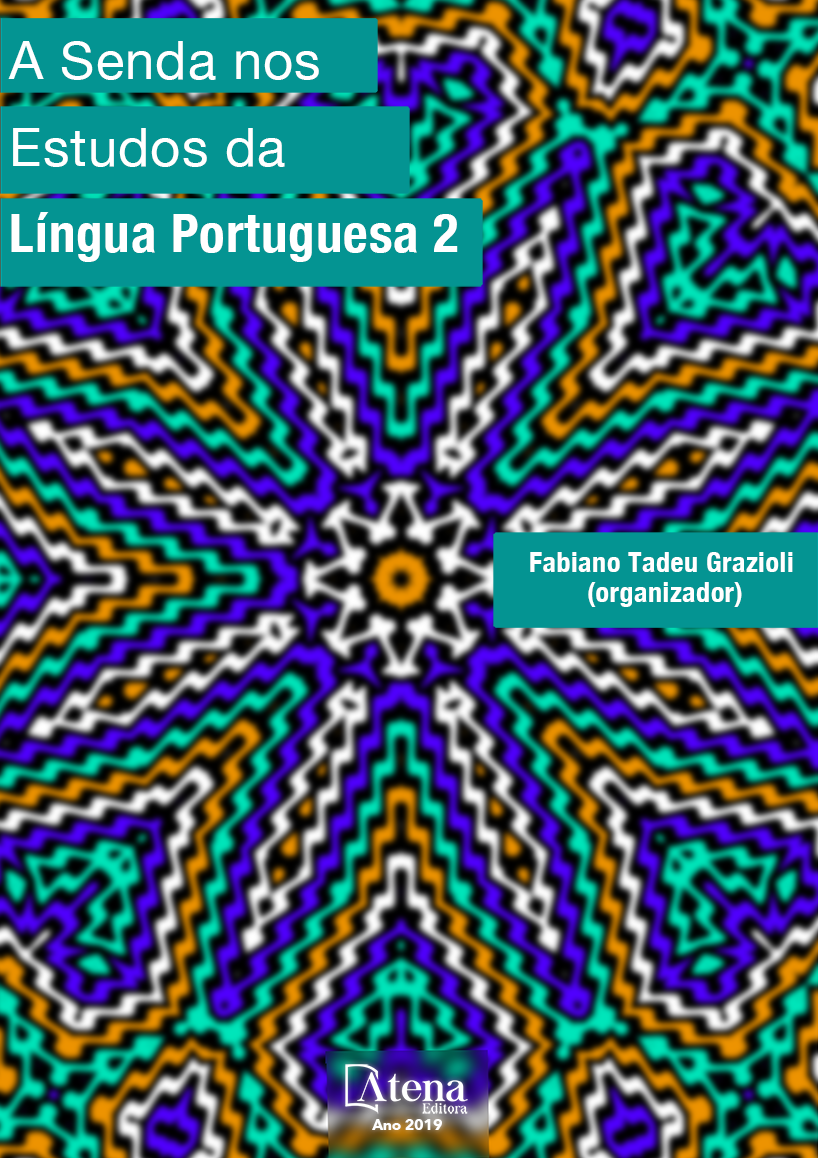
Evaluation of the book Terra Brasil
O presente artigo foca a avaliação
do livro didático Terra Brasil (TB) utilizado
como instrumento de transmissão da lingua e
cultura brasileira inserido no curso e estratégia
metodológica do Centro de Cultura Brasileiro
em Telavive (CCB). O objetivo deste estudo
foi analisar o curso do CCB e, especificamente
o papel do TB enquanto material didático
e instrumento adotado como “ponte” para
a formação de um imaginário coletivo
condutor à realidade brasileira em termos
culturais e linguísticos, relevante no contexto
sociolinguistico particularmente heterogeneo
de um país de imigração recente como Israel.
Este estudo abarcou a observação de vários
aspectos, nomeadamente, dinamica durante as
aulas, utilização do livro, leitura de avaliações
das professoras e alunos, e uma análise
abrangente focando pratica ensino, abordagem
multiregional e multifacetada da cultura
brasileira. Metodologia incluiu entrevistas e
discussões com a equipe pedagógica do CCB,
feedback dos utilizadores quanto ao material
didático e uma avaliação pormenorizada
da experiencia intercultural oferecida pelo
espaço, aliada à realidade do terreno, contexto
sociolinguistico heterogeneo e prática de ensino
do portugues como lingua de herança,L2, L3
ou L4 inseridos na mesma sala de aula. Como
resultado preliminar, Contributo do livro TB -
faculta possibilidade e desafio ao transceder
um curso de PLE e oferecer, para além do
ensino da lingua portuguesa variante brasileira
e cultura, um fio condutor a um processo
de reflexão e autoquestionamento referente
a questões de identidade e sentimento de
pertença conjugados ao desenvolvimento de
uma visão crítica da cultura brasileira.
Evaluation of the book Terra Brasil
-
DOI: 10.22533/at.ed.93119240711
-
Palavras-chave: Livro Terra Brasil; Centro cultural brasileiro; diversidade sociolinguistica; Israel-Brasil
-
Keywords: Cultural Centre; Terra Brasil; linguistic policy; sociolinguistic diversity; Israel - Brazil
-
Abstract:
With the increasing interest in the
Portuguese language worldwide and a complex
process of cultural negotiation barely researched
within the context of Portuguese teaching in
Israel, this study focuses on the evaluation of the
course book Terra Brasil (TB), used as a tool at
the Brazilian Cultural Centre (BCC) in Tel Aviv to
convey Culture and Language. As the Brazilian
Cultural Network, funded by Ministry of Foreign
Affairs, does not compel BCCs throughout the world to follow strict and centralized
guidelines, each BCC has room to establish its own policy concerning courses. Thus,
precisely this autonomy, lead to further investigating the policy behind the selection of
TB. To focus on the rationale “behind the scenes” vis-a-vis this selection, the article
theorizes TB provides learners a linguistic thread for reflection about identity, linguistic
awareness/belonging and imaginary boundaries between cultures. Aiming at exposing
learners to diverse sociolinguistic contexts, as they coexist in Brazil, it serves as a tool
to actively engage in target language & culture, rather than promote passive absorption.
TB addresses Brazilian polemic issues, thus highlighting the role of analytical thinking
skills, versus rote memorization in language acquisition. Despite failing to bring up
Brazilian ethnic minorities’ linguistic rights, TB serves as a tool to facilitate the creation
of a collective imagery of Brazil - a cultural bridge - with all what such an exercise
may possibly encompass. TB’s linguistic policy reaches beyond L2/3/4 teaching, as it
challenges learners to embark on cultural & sociolinguistic discussions while learning
Portuguese.
-
Número de páginas: 15
- Irith Gabriela Freudenheim Levy


